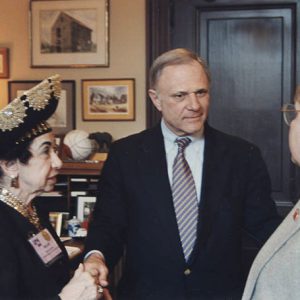 Willie Oates and David Pryor
Willie Oates and David Pryor
Entry Type: Group - Starting with O
 Willie Oates and David Pryor
Willie Oates and David Pryor
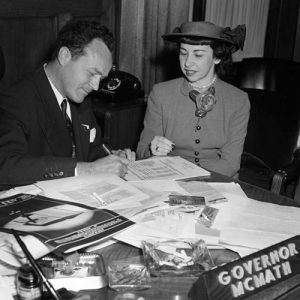 Willie Oates and Sid McMath
Willie Oates and Sid McMath
Office of Removal and Subsistence
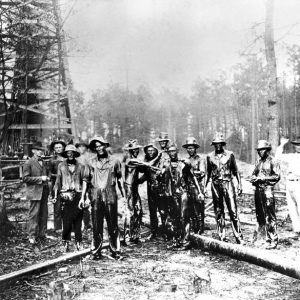 Oil Field Workers
Oil Field Workers
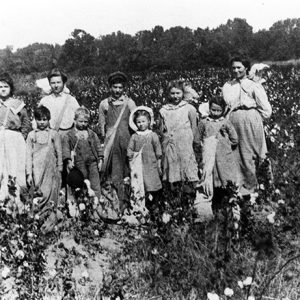 Oil Trough Cotton Pickers
Oil Trough Cotton Pickers
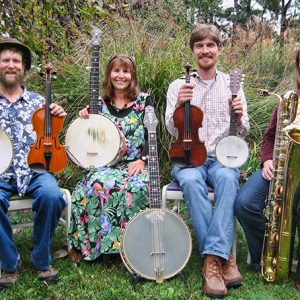 The Old 78's
The Old 78's
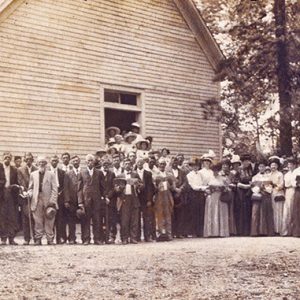 Old Folks' Singing
Old Folks' Singing
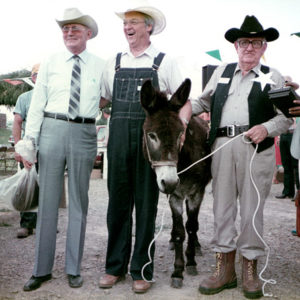 Old Guard Home Parody
Old Guard Home Parody
Olympians
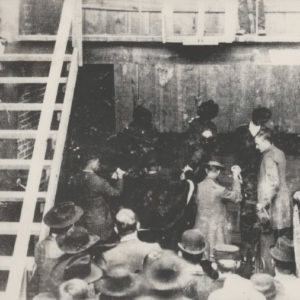 Olyphant Train Robbers Execution
Olyphant Train Robbers Execution
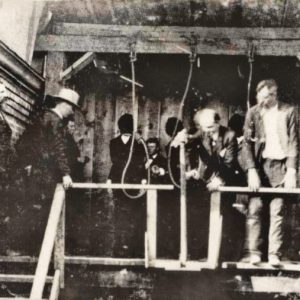 Olyphant Train Robbers Execution
Olyphant Train Robbers Execution
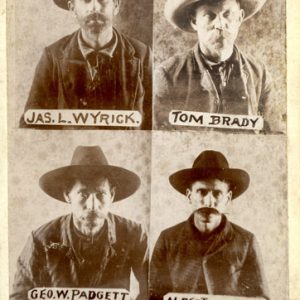 Olyphant Train Robbers
Olyphant Train Robbers
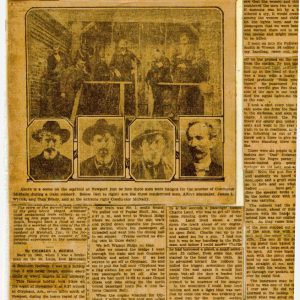 Olyphant Train Robbery Account
Olyphant Train Robbery Account
OMNI Center for Peace, Justice and Ecology
Opera in the Ozarks at Inspiration Point
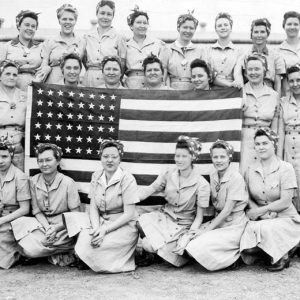 Ordnance Plant Workers
Ordnance Plant Workers
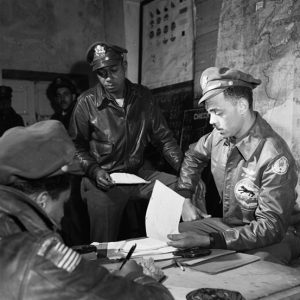 Original Tuskegee Airmen
Original Tuskegee Airmen
Original Tuskegee Airmen
aka: Tuskegee Airmen, Original
Orphan Train Heritage Society of America, Inc. (OTHSA)
Osage
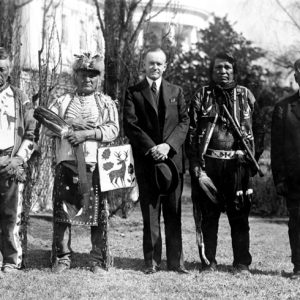 Osage Indians
Osage Indians
Ozark Folklore Society
aka: Arkansas Folklore Society
Ozark Folkways
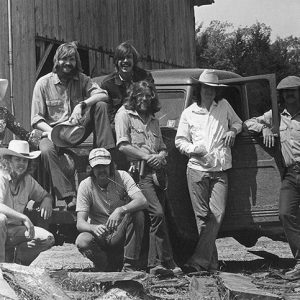 Ozark Mountain Folk Fair Staff
Ozark Mountain Folk Fair Staff




